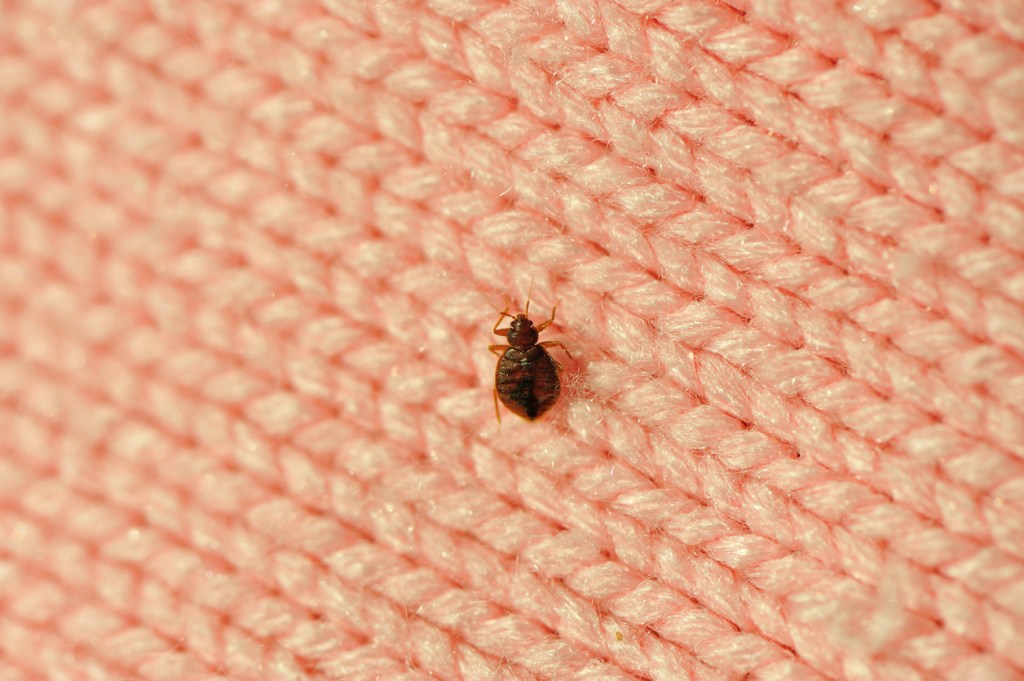With the summer travel season quickly approaching, the National Pest Management Association (NPMA) has declared June 7-13 as Bed Bug Awareness Week to remind the public that vigilance is key to quelling a potential bed bug infestation this summer. Braman Termite and Pest Elimination is proud to take part in this important public education effort and encourages travelers to brush up on bed bug basics before packing their bags and hitting the road.
“Bed bugs are still a pervasive problem, and they can be especially problematic for travelers due to their hitchhiking nature,” said Jerry Lazarus, third-generation owner of Braman Termite and Pest Elimination. “These biting pests are easily transported from one place to another in belongings, such as suitcases, which means travelers must exercise caution during and after their trips. Exacerbating the problem is the fact that bed bug populations spike in the summer heat.”
In fact, new research by NPMA and the University of Kentucky found that 99.6 percent of pest control professionals have treated for bed bugs within the past year, with 75 percent reporting bed bugs in hotels and motels.
Braman Termite and Pest Elimination lends some advice to vacationers to help ensure they don’t bring home bed bugs as an unwanted souvenir:
At hotels, thoroughly inspect the entire room before unpacking, including behind the headboard and in furniture. Pull back the bed sheets and check the mattress seams and box springs for pepper-like stains that may be evidence of bed bug activity.
- If you suspect an infestation or problem, notify management and change rooms immediately. Be sure the new room is not adjacent to, or directly above or below, the possibly infested room.
- Keep suitcases in plastic trash bags or protective covers during a hotel stay to prevent bed bugs from nesting there. Do not put them on the beds.
- Upon returning home from a trip, inspect all suitcases and other belongings before bringing them into the house.
- Wash all clothes – even those that have not been worn – in hot water and dry them using an extra-hot dryer setting.
For more information, visit our Bed Bug page!


